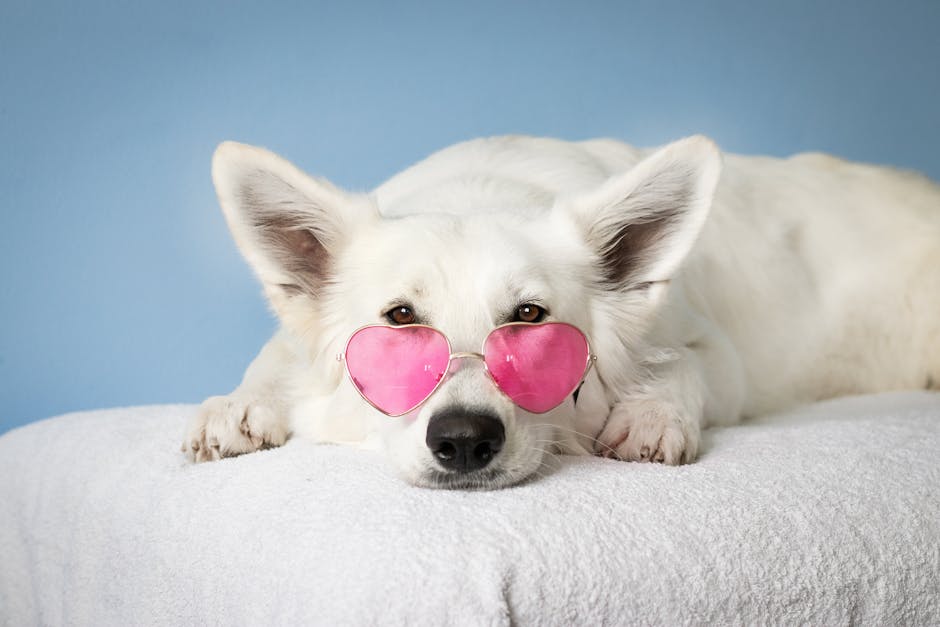The debate between cats and dogs as the superior pet has been raging for centuries. Both animals have their unique charms and drawbacks, and the best choice for you depends on your lifestyle and preferences. To help you make an informed decision, let's explore the key differences between these beloved companions.
**Size and Energy Levels:**
Size can be a significant factor in choosing a pet. Dogs tend to be larger than cats, with some breeds weighing over 100 pounds. Cats, on the other hand, are typically smaller and more compact, with most weighing between 8 and 11 pounds. Energy levels also vary between the two species. Dogs are generally more active and require regular exercise, while cats are known for their independent nature and spend a significant amount of time sleeping.
**Grooming Requirements:**
Cats and dogs have different grooming needs. Cats are known for their fastidious nature and spend considerable time grooming themselves. However, they still require occasional brushing to remove loose hair and prevent mats. Dogs, on the other hand, need more frequent grooming, including regular baths, brushing, and nail trims. Depending on the breed, dogs may also require professional grooming services.
**Training and Behavior:**
Dogs are typically more trainable than cats, mainly due to their social nature. They are eager to please their owners and can learn a variety of commands, tricks, and behaviors. Cats, while independent thinkers, can also be trained, but it may require more patience and consistency.
**Vocalization:**
Cats and dogs differ in their vocalization patterns. Cats are known for their meows, which they use to communicate with humans and other cats. They may also purr when they are happy or content. Dogs, on the other hand, bark and whine to express various emotions, including excitement, anxiety, and boredom.
**Socialization and Affection:**
Dogs are highly social animals and thrive on human interaction. They are affectionate companions who love to play, cuddle, and receive attention. Cats, while more independent than dogs, still enjoy human interaction but may prefer to do so on their own terms. They tend to be more selective about who they show affection to.
**Health and Lifespan:**
The health and lifespan of cats and dogs vary depending on the breed, size, and individual genetics. Generally speaking, dogs have shorter lifespans than cats, with an average life expectancy of 10-13 years compared to 12-18 years for cats. Both species are susceptible to various health conditions, so regular veterinary care is essential for their well-being.
**Conclusion:**
Choosing between a cat and a dog is a personal decision that depends on your lifestyle, preferences, and circumstances. Cats offer companionship, independence, and lower grooming requirements. Dogs provide affection, loyalty, and a need for regular exercise. Ultimately, the best pet for you is the one that fits seamlessly into your life and brings you joy and fulfillment.

